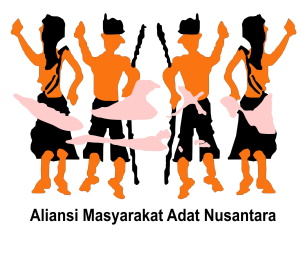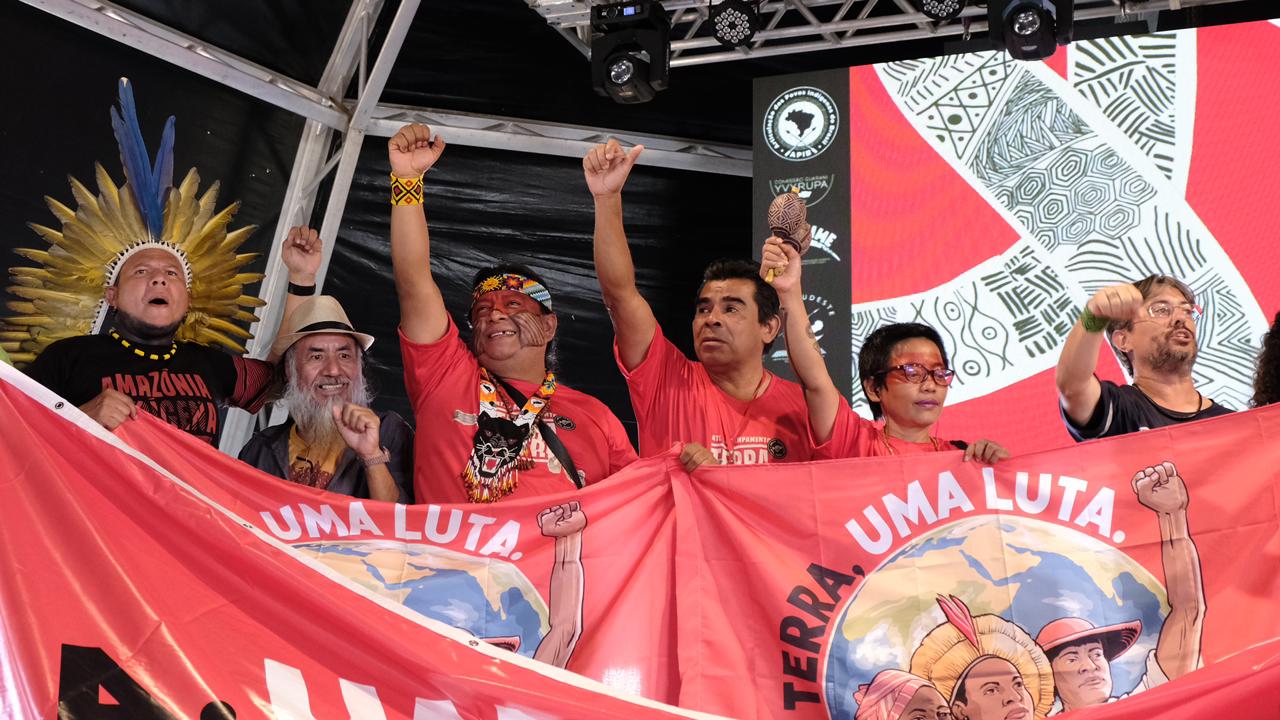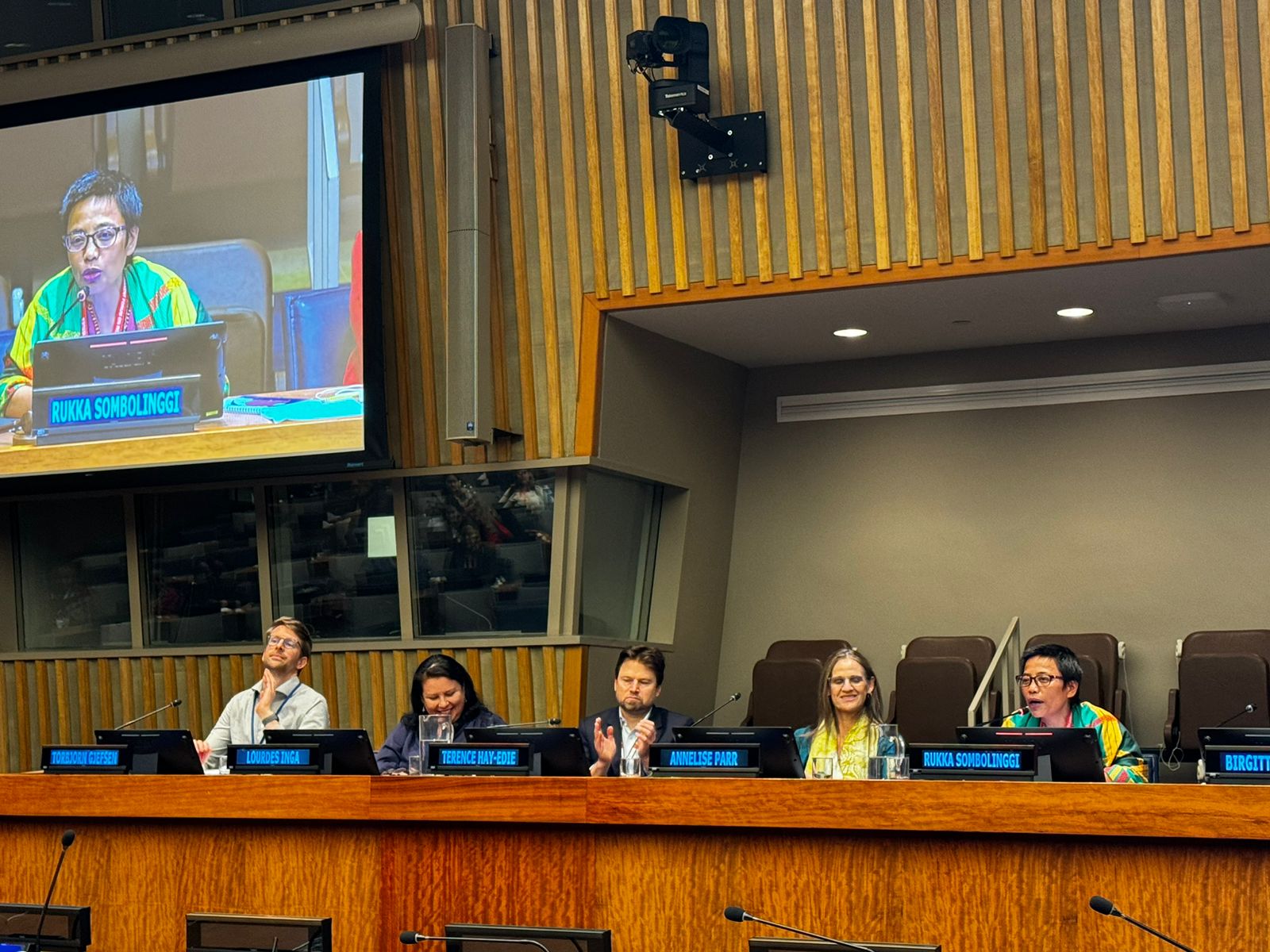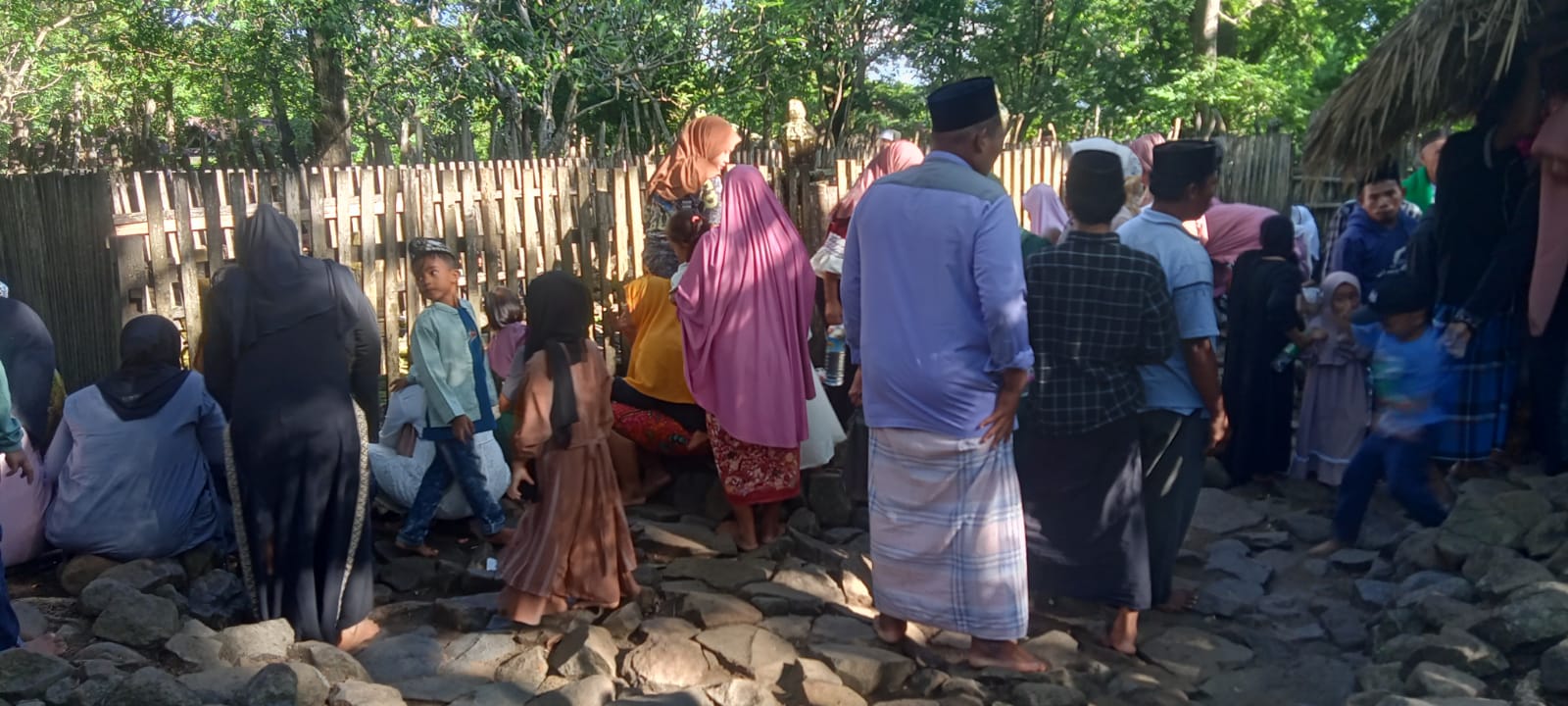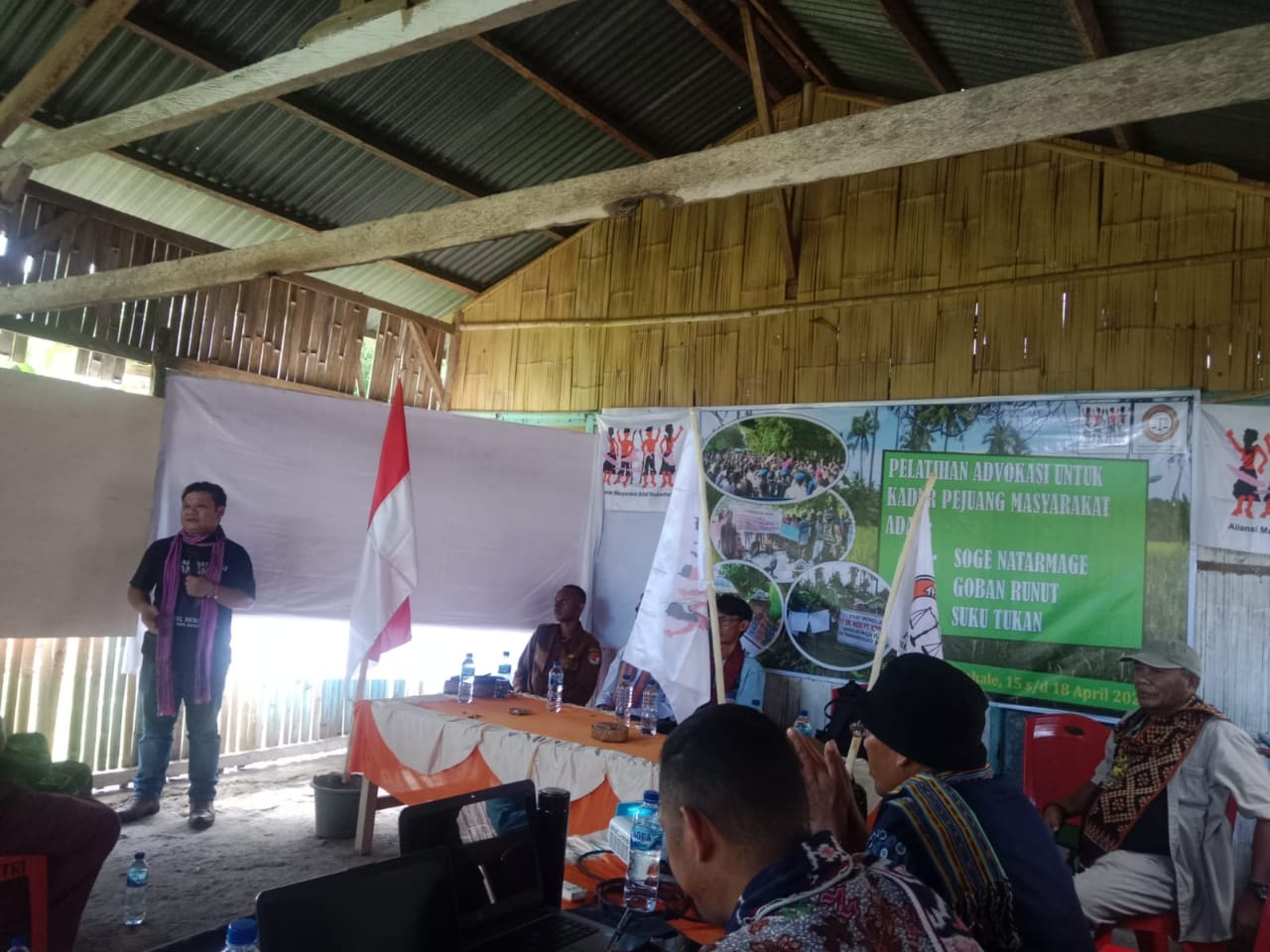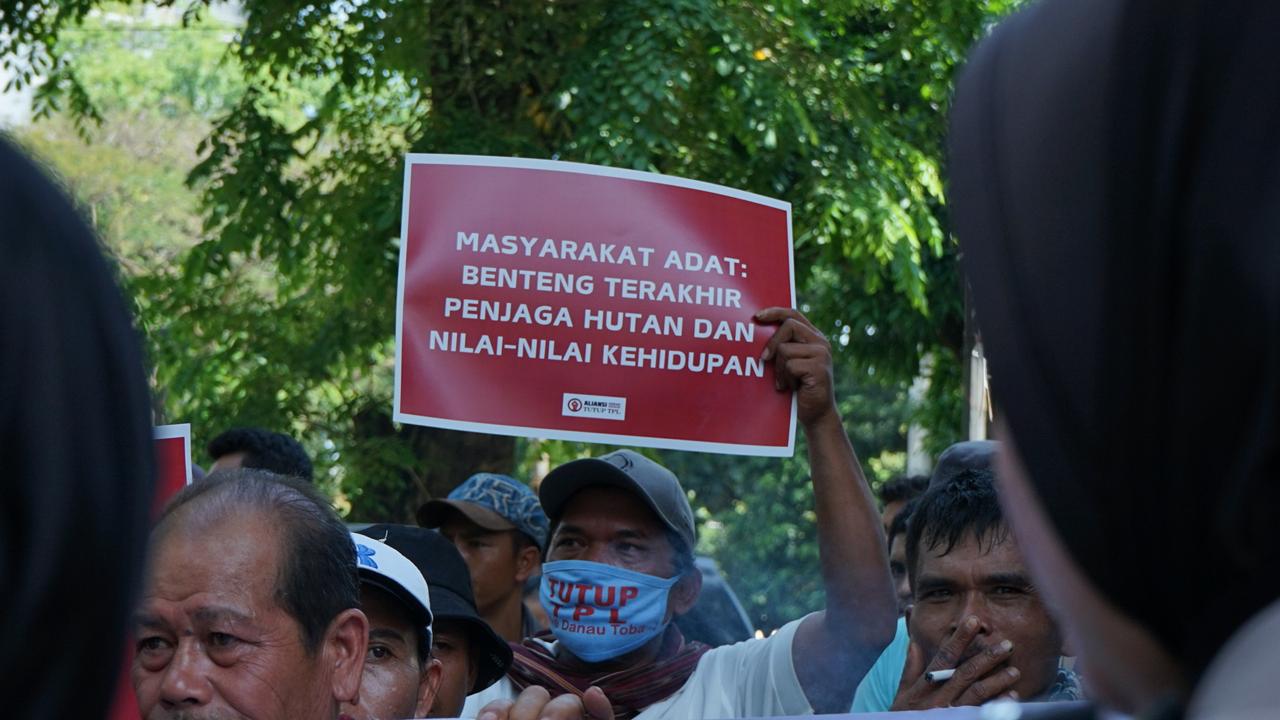
Indonesia: Rollback in the Time of COVID-19
18 Februari 2021 Debat CapresSummary
This paper highlights the ways that the COVID-19 pandemic has affected and disenfranchised indigenous peoples and forest communities in Indonesia. The lack of adequate protection of the rights of indigenous peoples and their territories before the pandemic has been made worse by a lack of protection during the pandemic. The challenges faced by forest communities during the pandemic show that access to land and natural resources is crucial for the survival of communities whose livelihoods depend on the forest. Moreover, evidence from areas where indigenous peoples do have control over their land holds important lessons on how indigenous peoples build resilience when managing their own land and natural resources.
The paper highlights how state impunity for increasing land grabs and reduced state capacity to monitor forests during the pandemic seriously threaten indigenous peoples’ land rights, health, and well-being. This paper also calls particular attention to how the Omnibus Law on Job Creation was rushed through the Indonesian legislature during lockdown without due process or respect for indigenous peoples’ rights. The Omnibus Law changed and amended several existing laws including sectoral laws on environmental protection, land use, and public consultation. The government justified pushing through this new law as a response to the economic recession triggered by the pandemic, with the aim of creating a larger (formal) workforce and speeding up extractive and natural resource- based industries. However, this Omnibus Law is projected to negatively affect the ways in which indigenous peoples living in and around forests can access their land and puts them at a disadvantage in relation to corporations with commercial interests. With historical and ongoing human rights violations already rampant in conflicts between indigenous peoples and commercial entities, there is widespread concern that the Omnibus Law will further side-line indigenous peoples’ rights and paint them as obstacles to economic growth. Moreover, the report includes several anecdotal stories of the state responding to indigenous activism during the pandemic with increased criminalisation.
This paper concludes with several recommendations. Critically, the report appeals for immediate approval of the long-delayed Indigenous Peoples Bill in order to finally have the rights of indigenous peoples recognized and protected by the state, thereby also securing better protection for forests.
COVID-19 and Impacts on Indigenous Peoples
Indonesia has been one of the hardest-hit countries in Southeast Asia during the global COVID-19 pandemic. The number of individuals testing positive for COVID-19 has reached 5,292 per day, bringing the total number of positive cases up to 586,842 as of December 9, 2020. With these numbers, Indonesia currently sits at the top of the list for the highest number of official coronavirus cases in Southeast Asia as of December 9, 20201 and ranks 20th worldwide as of December 9, 2020 in terms of the highest number of cumulative COVID-19 cases.
One serious concern for indigenous peoples in Indonesia during the COVID-19 pandemic is the lack of access to proper healthcare as one part of a continued lack of protection of their rights, an issue which has worsened during this health and security crisis.3 Another critical concern for indigenous communities has been inadequate food resources during the pandemic, especially for indigenous communities without formal land title to customary land where they would be able to engage in farming and food cultivation. Lockdowns and quarantines have prevented members of many indigenous communities from venturing far from their homes to find alternative foods in the forest.
According to Rukka Sombolinggi, the Secretary General of the Indigenous Peoples’ Alliance of the Archipelago (AMAN), there are three statuses of indigenous peoples when it comes to food security and access to land for food cultivation during the COVID-19 pandemic:
- Communities under the most threat. These communities are most in need of food aid supplies, such as the Tobelo peoples who are under the threat of smelter construction in their area in Halmahera of the Islands of Moluccas or the Orang Rimba of Sumatra who are unable to access a neighbouring forest as it is now a national park.
- Communities that are at-risk. These are communities not able to garden or farm because the land has been claimed and taken over by oil palm plantations. Many indigenous people in these communities have become palm oil workers.
- Communities that are safe. Indigenous peoples that are still in control of their customary territory and are able to live off their own forest and land.6
